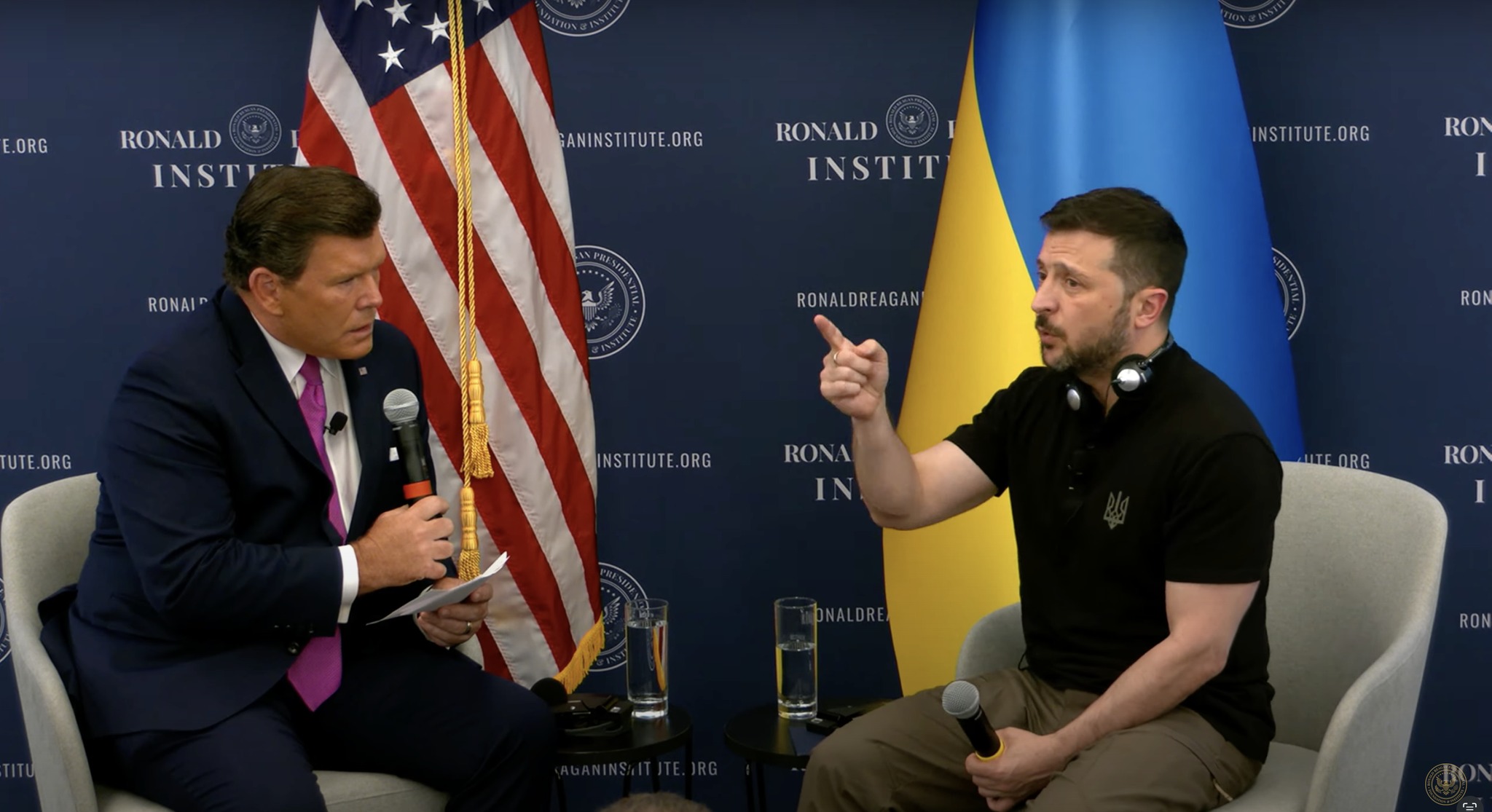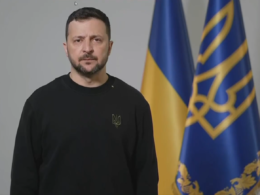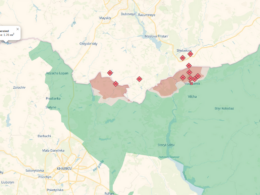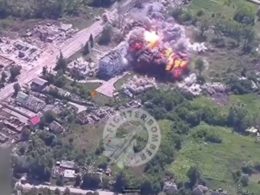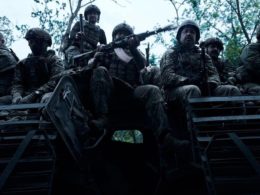In a conversation after the speech at the Ronald Reagan Institute in Washington, DC, Ukrainian President Volodymyr Zelenskyy revealed that Russian President Vladimir Putin had planned to swiftly capture the city of Kharkiv on the border with Russia while the United States was stalling a $61 billion aid package for Ukraine for six months.
This comes as world leaders gather in Washington for the 75th NATO Summit.
The six-month delay in delivering US military aid weakened Ukraine’s defenses in the war with Russia, allowing Russia to start the Kharkiv offensive and increase aerial attacks on Ukraine. The US Congress eventually passed the bill in April 2024, sending new weapons and ammunition to Ukraine.
However, Zelenskyy explained that the time gap between the decision to allocate aid and the actual delivery of equipment to Ukrainian brigades allowed the Kremlin to exploit Ukraine’s weakened defenses.
“He [Putin] wanted to use this pause of more than half to quickly occupy Kharkiv, where one and a half million people live now, very close to the border,” Zelenskyy said.
According to Zelenskyy, Russian occupiers attempted to incite chaos and force residents to flee the settlements they had managed to occupy in Kharkiv Oblast.
The Ukrainian president noted that Ukrainian soldiers and volunteers evacuated residents of the villages near Russia’s border because "Putin does not care who he kills."
Despite the Russian army's repeated offensives in Kharkiv Oblast, Zelenskyy stated that the Russian forces suffered significant losses.
"He (Putin) lost a lot of people. We are talking about thousands of people. For him, it was a very high price for this operation," Zelenskyy said.
Zelenskyy attributed the successful defense of Kharkiv to the aid received and the bravery of Ukrainian soldiers, expressing gratitude by saying,
"Thank God for the help and, of course, our soldiers, especially our heroes, they stopped them [Russians],” Zelenskyy said.
Renewed Kharkiv offensive
On 10 May 2024, Russian forces started a renewed offensive in Kharkiv Oblast, aimed to capture the second largest city in Ukraine, Kharkiv, and create a buffer zone.
Despite taking control of several villages, Russian forces failed to achieve significant territorial gains and lost over 30,000 soldiers.
Ukraine’s defense expert Ivan Kyrychevskyi attributes the Kharkiv offensive's failure to Russia's strategic errors in dispersing resources and underestimating Ukrainian capabilities, as Ukraine integrated NATO-standard air support tactics with adapted Soviet-era aircraft.
Related:
- Russia’s Kharkiv offensive flops. Defense expert reveals why and what’s next
- ISW: Russia unlikely to seize Kharkiv City despite offensive efforts
- US Senate advances Ukraine aid bill as Pentagon set to send $ 1 bn package once bill clears Senate and Biden
- “Within days” – Pentagon set to quickly send Ukraine arms after US Congress approval

